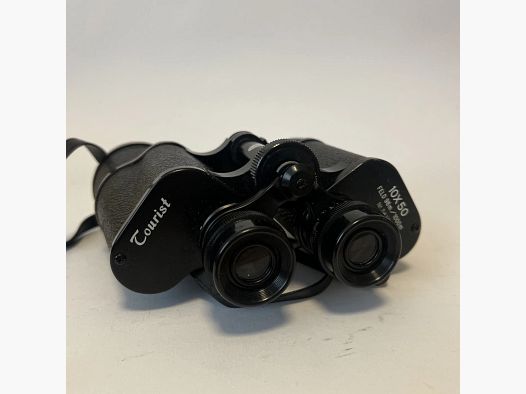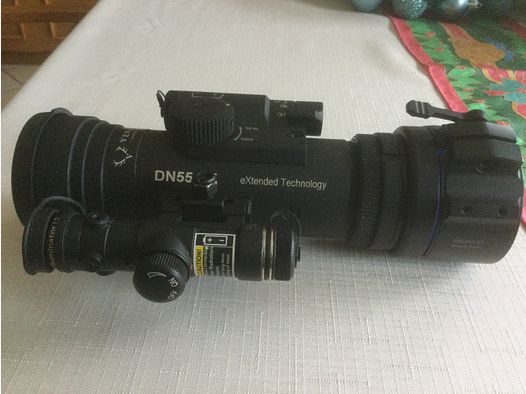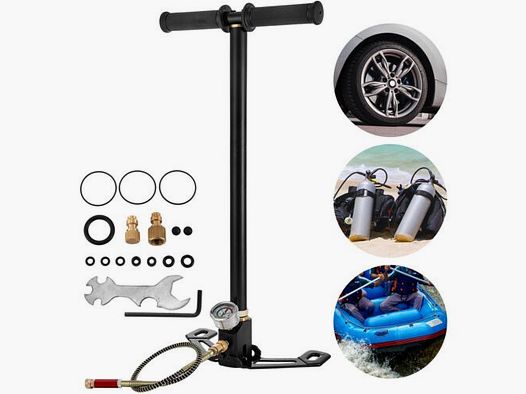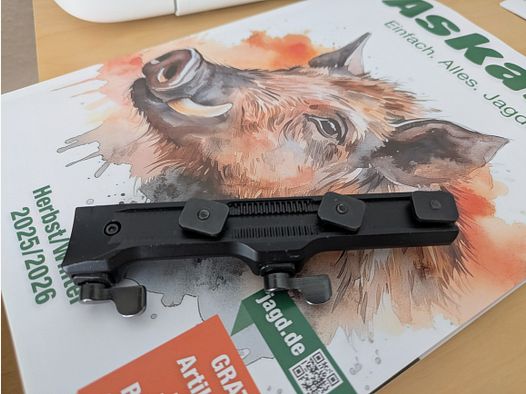In an increasingly uncertain world, survival strategies and skills have become a growing topic of interest. From survival and tactical to bushcraft and prepping: there are various approaches to prepare for unpredictable situations. Each of these approaches has its own advantages and disadvantages and is perceived differently in society. This text provides you with an overview of these strategies, their potential benefits and risks, and how they are viewed in our society. Whether you simply want to improve your personal safety or are an enthusiast of outdoor activities, it is important to understand the different options and perspectives in this field.
Survival
Survival refers to surviving under difficult or dangerous conditions. People who learn survival skills train to be able to survive in emergencies, such as after natural disasters. This can include the ability to find food and water, build shelter, make fire, and perform first aid. In society, survival is often seen as a useful skill that is usually only needed in extreme situations. There is a strong community of survival enthusiasts, but also many people who do not actively engage with the topic.
The biggest advantage of learning survival skills is that it can boost self-confidence and help act safely and effectively in emergencies. However, an excessive focus on survival scenarios can also fuel anxieties and lead to unnecessary panic.
Tactical
Tactical refers to the application of strategic planning and execution of measures to handle emergency situations. This can include understanding terrain and environment, camouflage, defensive and offensive strategies, and emergency management. Tactical equipment is often associated with military or law enforcement applications. Tactical skills and equipment are often linked to militarized environments or law enforcement agencies, which can lead to mixed perceptions, causing tactical training to often be viewed with skepticism.
Tactical skills can be useful in a variety of emergency situations and enhance the feeling of safety and control. However, focusing on tactical skills can also lead to an overestimation of threats and promote unnecessary conflicts.
Bushcraft
Bushcraft is a set of skills and knowledge that enables one to survive and thrive in the wilderness. Bushcraft skills can include lighting fires, setting up camps, foraging for food and water, and making tools from natural materials. Bushcraft can foster a deep connection to nature and facilitate survival in the wild. However, it requires comprehensive training and practice to use these skills safely and effectively. Bushcraft is often seen as a positive engagement with nature, but can also be viewed as excessive or unnecessary, depending on the context and community.
Prepping
Prepping refers to the systematic preparation for potential disasters, including the storage of food, water, and other supplies, as well as planning for various emergency scenarios.
Prepping can help increase resilience in times of crisis and strengthen the feeling of security. However, it can also promote an excessive focus on negative scenarios and disaster thinking. Besides that, prepping is not simple - assuming survival in catastrophic conditions, one would need to plan very comprehensively; even minor oversights or material shortages could jeopardize survival (medications, water purification, fuel, etc.)
Prepping is often associated with extremism or paranoia, although many preppers argue that it is simply responsible preparation. The societal perception varies widely and can range from admiration to ridicule.

























